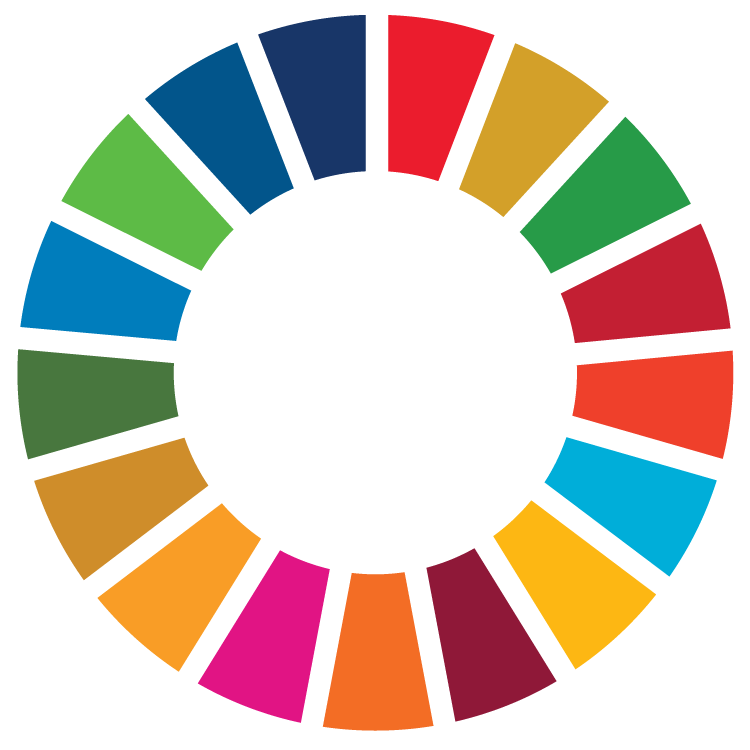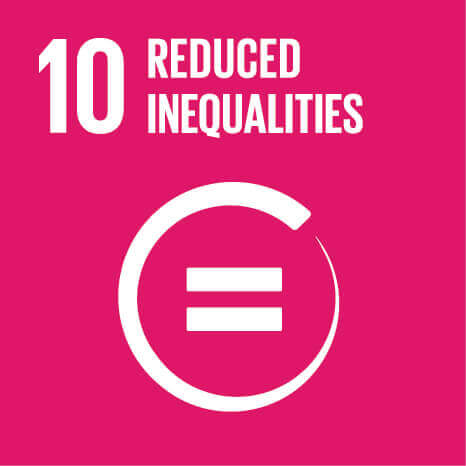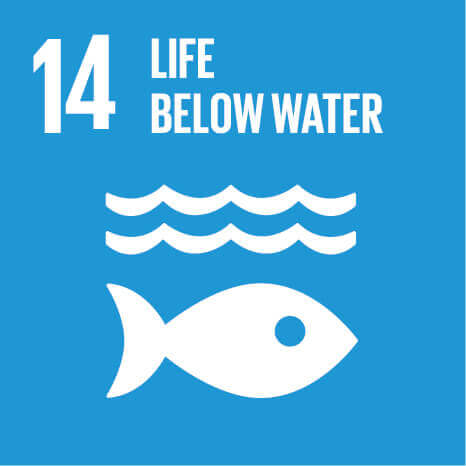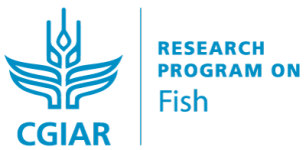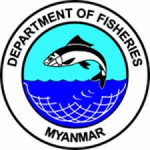Governing Myanmar’s Inland Fisheries: towards a more sustainable fish production and inclusive benefit-sharing among fish-dependent communities
Published on: April 28, 2020, Submitted by Xavier Simon Andre Tezzo on: April 26, 2020, Reporting year: 2019
The FISH research findings in Myanmar have accompanied an important political move towards the legal recognition of community based fisheries management (CBFM ) as a more suitable alternative to the auction system. The research activities are contributing to making the co-management of fisheries more inclusive and participatory for a more equitable distribution of benefits. The power of influence of the research activities in the decentralization process, can generate great impact once the new policies are introduced and applied nation-wide.
Traditional fish sun drying rack along the Ayeyarwady River, Myanmar
With an extraordinary diversity of ecosystems and fish species, Myanmar ranks among the top-ten fish producers globally(Myanmar Fisheries Partnership, 2019). Yet, there is an acute dearth of information on the country’s fisheries. Traditionally, the extensive networks of rivers and floodplains have provided the bulk of fish for domestic consumption, but there are now growing concerns surrounding the access and use of these freshwater resources. These concerns are based on a long history of dispossession for fishing communities, largely imputable to the auction system that regulates access to the fisheries. This granting system, which can be traced back to the colonial administration in the 19th century, gives the usufruct rights of the most productive fisheries to the highest bidder on a yearly basis (Tezzo et al., 2017). Against an increasing privatization and commercialization of fishing access rights, the most vulnerable communities have been gradually losing access to their traditional fishing grounds. Recent evidence further suggests that the policy environment has encouraged the adoption of short-term strategies by license holders, often privileging productivity maximization over long-term sustainability.
There is a substantial knowledge gap around freshwater fisheries resources, an outdated and inadequate regulatory framework and a significant lack of local capacity with community-based approaches to natural resources management. The FISH research on co-management models for small-scale fisheries is contributing towards filling these knowledge gaps by enhancing the capacity of local institutions. Indeed, FISH research activities have provided evidence in supporting the decentralization process toward more equitable and sustainable governance of freshwater fisheries in Myanmar. Existing management systems are being investigated and documented, gauging their actual benefits and limitations through consultations with resources users and government. Among the different management systems, the Community-Based Fisheries Management (CBFM) initiatives setup in the context of the recent political reform are of central interest.
The legal recognition of this model as an alternative to the auction system resulted from the research findings, which continued to generate unique evidence in support of the ongoing political reform. Community-based management has a great potential to reduce the resource conflicts thanks to a more effective and equitable distribution of access right and in maximizing small-scale fisheries production in a sustainable way (FISH, 2018). This would have a significant impact in the enhancing the incomes and food security of fishing-dependent communities, in particularly vulnerable groups, across the country.
To guide the reform, policy makers need a comprehensive understanding of what is meant by Community-based management (CBFM) approach in the context of Myanmar. Central to the research activities is the setup of a pioneering framework aimed at monitoring and evaluating the merits of different CBFM experimentations in Myanmar. The research lead by FISH scientist has generated evidence based support in establishing the CBFM, including their legalization. In addition, the research activities are contributing to making the co-management of fisheries more inclusive and participatory for a more equitable distribution of benefits. The research activities and their power of influence in the decentralization process, can have great impact once the new policies are introduced and applied nation-wide.
The methodology builds on a daily biological monitoring protocol involving over 40 fishers together with a biannual socioeconomic surveys implemented over 1,000 households, both extending over 13 fisheries that have recently started to experiment with CBFM. In addition to the Department of Fisheries (DoF) and WorldFish, 5 local universities are working along with local communities themselves through participatory research methods. This approach helps making the best of the local knowledge, while at the same time entirely grounding the research within local institutions. The monitoring framework has the particularity of being co-designed, co-implemented, and co-interpreted amongst the various research partners. The systematic data collection extends over a period of 2 years and conceptualizes performances of CBFM across three dimensions, namely social, economic, and biologic.
In 2018, the research findings have accompanied an important political move towards the legal recognition of CBFM as a potential alternative to the auction system. Currently implemented on an experimental basis over just a few sites at the discretion of local authorities, fishing communities across the country have high hopes to get hold of the fish resources that have sustained their livelihoods over generation.
This activity is setting up the foundations of a highly inclusive monitoring system. If successful, the research framework could be scaled up and provide critical insights on some of the over 3,000 fisheries auctioned every year in the country. For the most part, these fisheries are not monitored, which makes it nearly impossible for policy makers to take informed decision. Central to this activity is the conviction that it is only by empowering local actors that a right balance will be struck between the social, economic, and biological performances of freshwater fisheries in Myanmar and beyond.
Stage of Maturity and Sphere of influence
-
Stage of Maturity: Stage 2
-
Contributions in sphere of influence:
3.2.1 - More productive and equitable management of natural resources
3.3.1 - Increased resilience of agro-ecosystems and communities, especially those including smallholders
Acknowledgement
This work was undertaken as part of the CGIAR Research Program on Fish Agri-Food Systems (FISH) led by WorldFish. The program is supported by contributors to the CGIAR Trust Fund. Funding support for this work was provided by Australian Centre for International Agricultural Research (ACIAR) as part of the Development of rice fish systems (RFS) in the Ayeyarwady Delta, Myanmar MYFish Phase II: Improving research and development of Myanmar's inland and coastal fisheries project.
For further information on the project, contact the Project Leader Michael Akester M.Akester@cgiar.org

